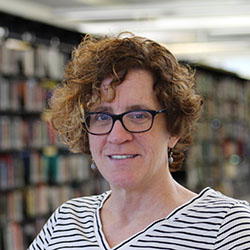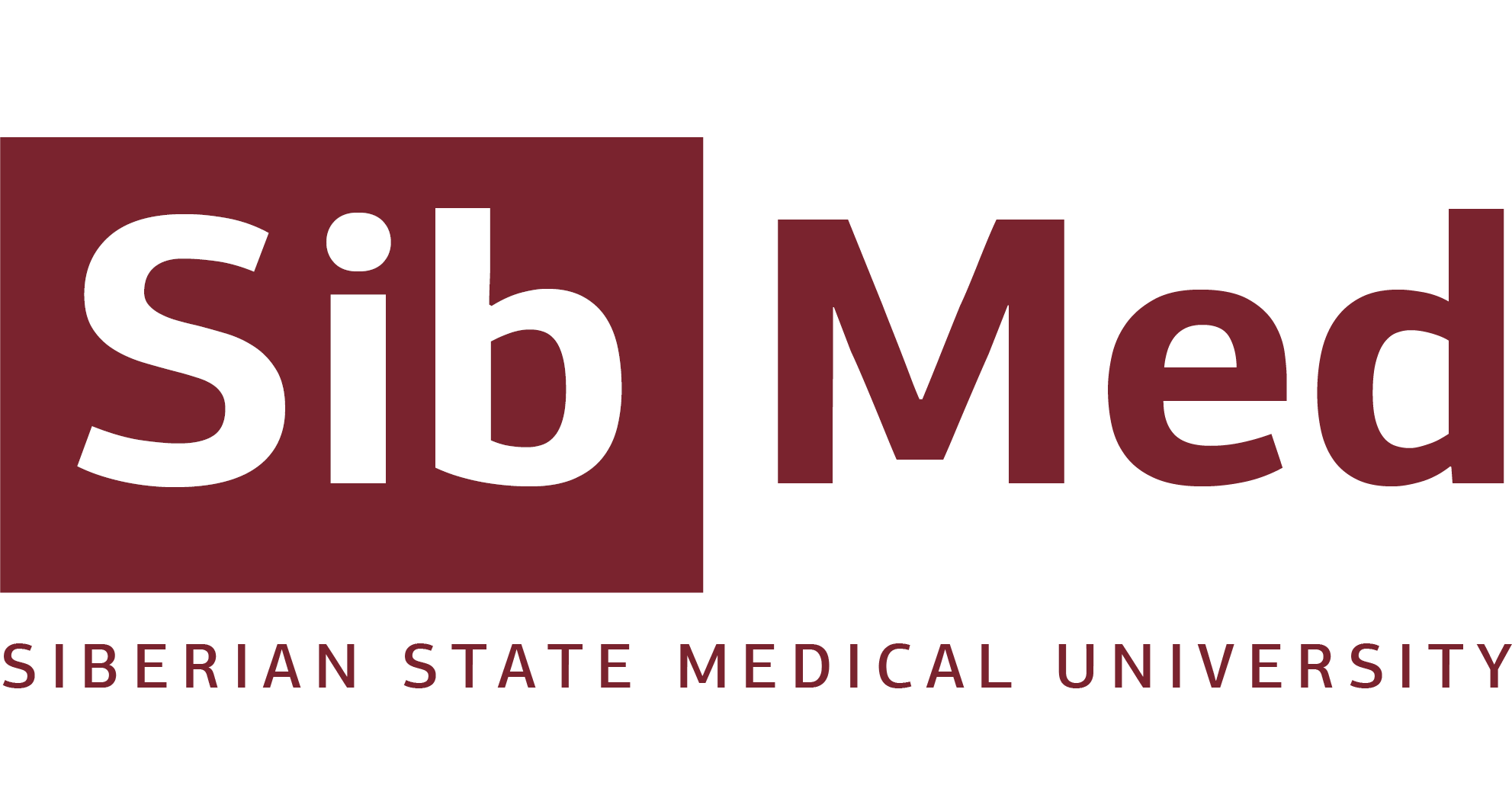International Advisory Board
International Advisory Board is being established in purpose of improving transmission of scientific knowledge both to and from SSMU and the international scientific community. In addition, it shall assist in mobilizing resources to promote the scientific community.

Professor Peter Odermatt
Peter Odermatt is a project leader in the Ecosystem Health Sciences Unit of the Department of Public Health and Epidemiology, at the Swiss Tropical Institute in Basel, Switzerland. Peter holds an M.Sc. in Medical Parasitology, a Ph.D. in Epidemiology from the University of Basel, and an MPH from the Johns Hopkins Bloomberg School of Public Health in Baltimore, USA. After 3 years of postdoctoral research in Burkina Faso and Mauriania, Peter worked for several years in helminth control programs in Cambodia and co-directed for almost 6 years a post-graduate training centre on Tropical Health in Vientiane, Laos. At the Swiss Tropical Institute his research, teaching and training pertain to the epidemiology, control and health impact of helminth infections including schistosomiasis, food-borne trematodiasis and soil-transmitted helminth infections. Peter has published more than 50 articles in the peer-reviewed literature.

Prof Dr. Herman Kingma
Herman Kingma studied Biology and Physics at the University of Amsterdam and received his PhD in Biophysics (magnetic field induced triplet formation in photosynthesis) at the University of Leiden in the Netherlands. Subsequently he was registered as a clinical physicist specialised in neuro-otology, i.c. the vestibular system specifically. He is now emiritus professor at Maastricht University Medical and appointed for vestibular research and coordinating the cooperation of Maastricht University with Russian Universities. He also holds a professorship in Medical Physics at the faculty of Physics at Tomsk State University, Russia.His primary research focusses on improving diagnostics of vestibular disorders and the development of vestibular protheses.
- Medal of Honour Faculty of Health, Medicine and Life Sciences, Maastricht University
- Medal of Honour Maastricht University Medical Centre
- IgNoble price in Physics

Prof. Klasien Horstman
PhD. Professor of the Philosophy of Public Health at the department of Health, Ethics and Society; director of the research programme Inequality, Participation, Globalisation at School for Public Health and Primary Healthcare.
To understand the sciences and cultures of prevention, Klasien works at the interface of philosophy, sociology, and science and technology studies. Between 2001 and 2009 she was Socrates Professor in Philosophy and Ethics of Bioengineering at Eindhoven University of Technology.
Since 2009 she is full prof. Philosophy of Public Health, Maastricht. She worked on a number of research projects focusing on the ethical and societal consequences of genetic, biomedical and public health technologies and on developing participative public health approaches.
She is project leader of the Erasmus+ project Bridging Innovations, Health and Societies: Educational capacity building in the Eastern European Neighbouring Areas.

Prof. Sebastian Brandner
Sebastian Brandner studied medicine in Göttingen, and trained in neuropathology in Zürich, Switzerland. His research initially focused on neurodegeneration, and during his training he developed a research interest into experimental neuro-oncology. In 2001, he was recruited through the Medical Research Council international recruitment scheme to the MRC prion unit, and in 2004 he was appointed Professor of Neuropathology at the UCL Institute of Neurology.
- EORTC (European Organisation into Research and Treatment of Cancer)
- EANO (European Association of Neuro-oncology)
- International Collaboration for Cancer Reporting (ICCR): guideline committee
- NICE guideline committee (Brain tumours) member
- Council member Royal College of Pathologists (from Nov 2017)
- British neuro-oncology society board member
- British neuropathology society, clinical practice group (CPC) and specialty advisory committee (SAC)
- Interspecialty Committee on Molecular Pathology, committee member

Assistant Professor Jeffrey Dick
Jeffrey Edward Dick is an American analytical chemist and assistant professor at the University of North Carolina, Chapel Hill. His research primarily focuses on applications of electrochemistry to the study of nanoscale biological systems. Dick received his Ph.D. in 2017 under the supervision of notable electrochemist, Allen J. Bard.
Dick has received numerous awards recognizing his work in nanoscale electrochemistry, including being named one of MD & DI's 30 Under 30 Young Innovators in 2016. He received the NSF Graduate Research Fellowship in 2014. He was selected as a representative for the 2015 U.S. Delegation to Lindau Meeting for Nobel Laureates.

Prof. Jon Øyvind Odland
Professor and teacher at the Faculty of Health Sciences. Developing courses in GYN/OB and Global Health for medical students. Supervisor of 15 PhD students and 35 Master students the last 10 years.
Professor of International Health, Faculty of Health Sciences and Institute of Community Medicine (ISM), University of Tromsø (UiT) and University Hospital of Northern Norway (UNN).
- Key National Expert Sustainable Development Working Group (ongoing).
- President of The Norwegian Forum for Global Health Research (-2011).
- Chair of the AMAP Human Health Assessment Group (ongoing).
- 2005-2010: Member of the board: Norwegian Research Council, International scholarships
- 2005-2009: Member of the board: Norwegian Research Council, MILGENHEL; Environment, genes and health.
- 2009---2012: Chairman of the board: Norwegian Research Council, MILGENHEL (from 2011 MILPAAHEL)
- 2012 - : President International Union for Circumpolar Health.

Prof. Stephen Albert Johnston
The center and Professor Johnston's current work focuses on innovative solutions to fundamental problems in biomedicine. The center is unique in that it has brought together a group of interdisciplinary scientists who first identify a problem, analyze the physical economy basis of the related issues and then come up with an inventive solution.
Current major projects are 1) cancer eradication: The focus is on developing a universal, preventative cancer vaccine, 2) health futures: The aim is to produce a diagnostic system that allows continuous monitoring of the health status of healthy people - helping in the revolution to pre-symptomatic medicine, as well as the ability to diagnose disease or infection.
Professor Johnston has experience in basic science, notably first cloning the Gal4 gene, showing that proteins have separable functional domains, and discovering the AAA proteins and their role in transcription. His focus now is in translational sciences and technology development. He was co-inventor/innovator of pathogen derived resistance, organelle transformation, the gene gun, genetic immunization, TEV protease system, expression library immunization, linear expression elements, synbodies and immunosignaturing. He is author of over 150 journal articles, has over 20 patents, and has garnered approximately $85M in grant support including large programs from DARPA, NIAID and NHLBI.

Prof. Donka Dimitrova
A lecturer in medical sociology and in organizational behavior. Has been doing research on management and politics of healthcare; health needs assessment, access and quality evaluation and on effects of urban environment on health. Expert activities and field work include development of National Standard for General practice and revisions of National Health Strategy, supervision of PhD thesis and research projects in public health

Assoc. Prof. Susanne Bauer
Susanne Bauer’s research draws from STS as well as from history, sociology and anthropology of science. It has dealt in particular with health data infrastructures, the politics of categories and algorithms in epidemiology and addressed conceptual transformations in environmental health in the age of genomics. She has longstanding research collaborations with scientists in post-Soviet countries working on the aftermaths of nuclear exposures.
Through combined archival and ethnographic work, her work aims to historicize biomedicine, risk assessment and its calculative infrastructures, make visible and unpack sociotechnical arrangements and orderings enacted both locally and in global assemblages. More recently, she has embarked on a collective project on the intersections of life and technology and the hybrid ecologies at Frankfurt airport. Her current projects engage feminist technoscience studies and postcolonial science studies, contributing to debates in STS as diverse as digital STS and material semiotics, biopolitics and human-animal relations, postsocialism and technoscience east of what used to be the iron curtain.

Prof. Dr. med. Siegfried Jedamzik
Since 1986 he has been a board member of the Medical Circle Association Ingolstadt-Eichstätt, 13 years later he founded the practice network GOIN e.V. (www.goin.info) in Ingolstadt. To date, he is the first chairman of the practice network GOIN and a member of various committees in the healthcare sector at the state and federal levels. As chairman of the board of the MediverbundBayern e.V., he represents the interests of medical and specialist physicians.
He has published in the telemedicine and eHealth sectors and is instrumental in the development of telematics applications for practice networks. In addition to advising healthcare organizations on integrated care and eHealth, he is involved in the (tele) medical care of asylum seekers and refugees. He is also represented in national and international e-health bodies and is a founding member and managing director of Baymatik e.V. - Bavarian Model Region Telematics (www.baymatik.de).
In July 2012, he set up the Bavarian Telemedallianz (www.telemedallianz.de) in Ingolstadt, which networks telemedicine projects and initiatives in Bavaria as a competence platform, organizes telemedicine conferences and workshops, and organizes advanced training courses as part of an academy.

Deborah Finkel
Research
Deborah trained in the methods of twin studies of aging at the University of Minnesota. Her research interests include applying the methods of behavior genetic analysis to investigations of cognitive aging and biological markers of the aging process. In addition, she has worked with longitudinal twin studies of aging in the United States and Sweden since 1994, applying methods of longitudinal analysis to twin data to investigate genetic and environmental influences on longitudinal change.
Deborah has over 70 publications and more than 125 conference presentations. With a colleague, Deborah edited and contributed to the edited volume Behavior genetics of cognition across the lifespan, published by Springer in 2014.
Currently, Deborah is involved the Interplay of Genes and Environment across Multiple Studies (IGEMS), and international consortium that includes 16 twin studies of adult development and aging from 5 countries that incorporates data from over 50,000 twins.
Teaching
Deborah Finkel has taught a variety of courses in psychology, including Adult Development and Aging, Behavior Genetics, Evolutionary Psychology, Statistics, and Research Methods. She has also taught in the Interdisciplinary Studies graduate degree, including courses on Interdisciplinary Studies and Grant Writing.
Other
Deborah serves on the Editorial Board of the journal Behavior Genetics and just completed her term as President of the Behavior Genetics Association (www.bga.org), the professional association for researchers in behavior genetics (in 2019).
